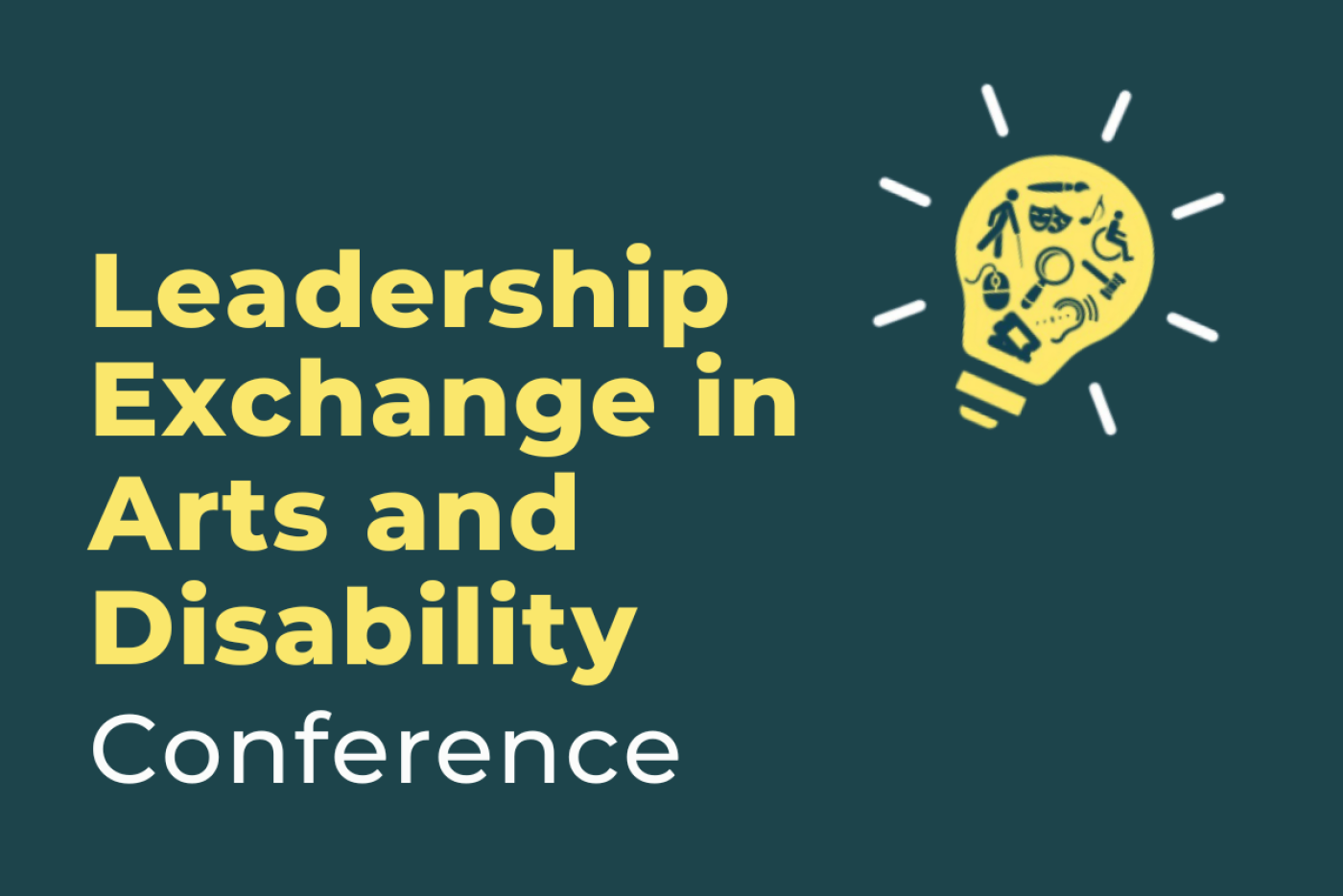Author: Andie Freeman
At the upcoming LEAD Conference (Leadership Exchange in Arts and Disabilities), two Arts Council staff members—Jamie Katz Court, the music and dance director and accessibility coordinator, and Erin Rembert, the military and veterans arts coordinator—will present Considerations for Military, Veterans, and Acquired Disabilities. An Arts Council grantee—Anna Pasquale, the founder and executive director of Onslow Originals, a nonprofit organization providing arts opportunities for the military and civilian community of Onslow County and the surrounding area—will join them. This year’s conference will take place on August 18–22 in Cleveland, Ohio.
The Military Art Group (familiarly known as “The M.A.G.”), a program of Onslow Originals, meets in Jacksonville, N.C., and at the Camp Lejeune location of the United Service Organizations. A Military & Veterans Healing Arts grant from the N.C. Arts Council helps to fund the program.
Every year, the LEAD Conference brings professionals from around the world to discuss and share practical solutions for making arts and cultural spaces more accessible for everyone. It has significantly impacted arts organizations working to make their interactions with patrons with disabilities more inclusive and welcoming. This task can feel overwhelming, but at LEAD, the emphasis is on progress, not perfection. Arts institutions face problems arising from their locations, audiences, and budgetary and staffing constraints. Through networking and conference events, attendees learn from peers some practical ways to solve them.
“I’ve had the privilege of attending LEAD for several years. I always learn new approaches to accessibility. It’s inspiring to learn about how arts organizations serve their constituents through continuous accessibility improvements,” Jamie said. “Plus, it’s a chance to see friends and meet new people who share a passion for accessibility in the arts. LEAD really transformed how I approach my work in the arts. I believe that there is something in the arts for everyone, and everyone should have the opportunity to participate in and experience art in a way that’s meaningful to them.”
The trio’s presentation aims to encourage other arts organizations to make more arts programming accessible by veterans, military service members, and their families. “I'm excited any time the military service members and the military-connected community can access the arts,” Anna said. “Better accessibility allows more of them to engage in creative activities, which can provide many therapeutic benefits, such as reduced stress, increased social connections, and improved resilience. These benefits help them manage what may be a new normal for them, both physically and mentally.”
Sharing knowledge with attendees and making a difference for others is rewarding for the presenters. “If I can share the lessons the military community has taught me for building and facilitating these tailored art programs, I'm happy to do so,” Anna stated. “The arts are a powerful and adaptable modality for healing, and I want to do what I can to ensure that as many people as possible have access.”
All of us may contend with disability at various times in our lives, making LEAD, and presentations like this, relevant to anyone. “This is personal to me, both as a caregiver for aging relatives experiencing some chronic conditions and mental changes, and as a community member with friends and neighbors who have disabilities. In addition, I want to be able to continue engaging in the arts and enjoying arts experiences as I age and change,” Jamie stated.
As a specialist in arts programs for veterans and the military, Erin has seen how the arts can heal. She said, “The fact that people are interested in talking about acquired disability is exciting. In the military and veteran population, many of these acquired disabilities aren't apparent at first glance, and so that conversation has shifted and expanded to discussing all sorts of disabilities and age ranges and populations. Bringing the discussion to the forefront makes it much easier to plan for and consider a broad array of needs and the opportunities to meet those needs. It's a personal topic for me as a military spouse, caregiver, and community advocate. I'm grateful for the opportunity to expand how I think about accessibility on a daily basis.”
Military healing arts programs address needs that many may not see. As Anna said, “It is essential for those of us developing programs in the arts and culture sector to learn practical and effective ways to improve access for people with disabilities. This conference provides an opportunity to do that and to learn from others who are actively working in their local communities. When I was a very new artist-in-residence and program manager of a military art program, I would have deeply benefited from the knowledge provided at a conference like this. Now that I'm the founder of a nonprofit and the artist who runs our own military art group, I still have more to learn and am thankful a conference like this exists.”
We are proud that the N.C. Arts Council will have this opportunity to present at LEAD. Erin said, “I'm honored that at my first LEAD conference, I get to experience it as a presenter and an attendee. I'm excited to share the work we are doing in North Carolina and my personal experiences to promote thought, dialogue, and growth with a bigger audience. I will also have an opportunity to learn and challenge my own way of thinking on many accessibility topics.”

